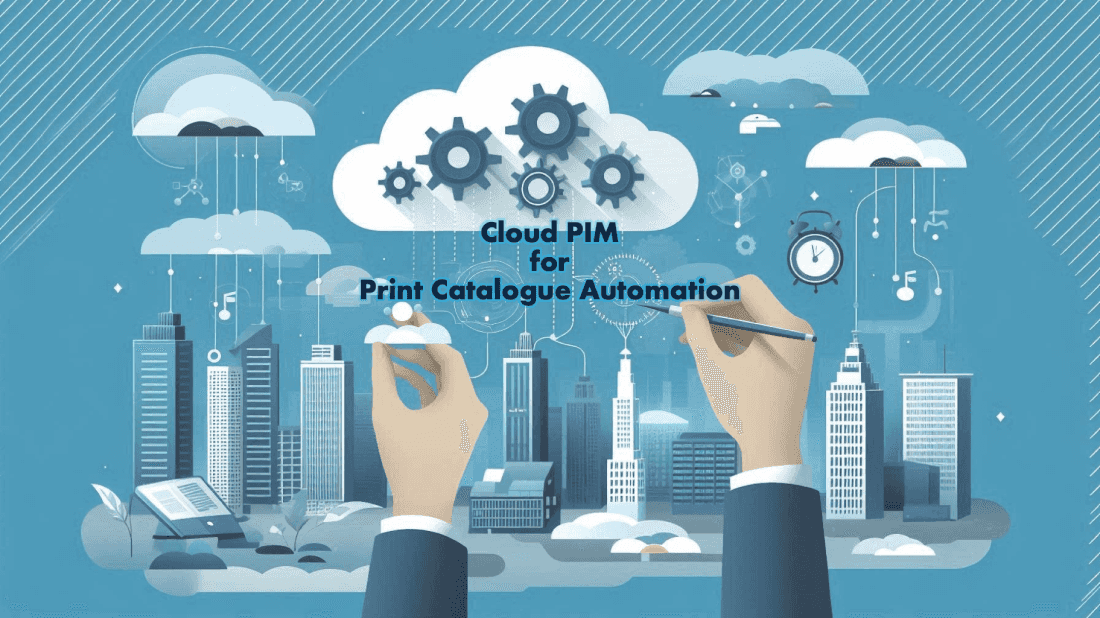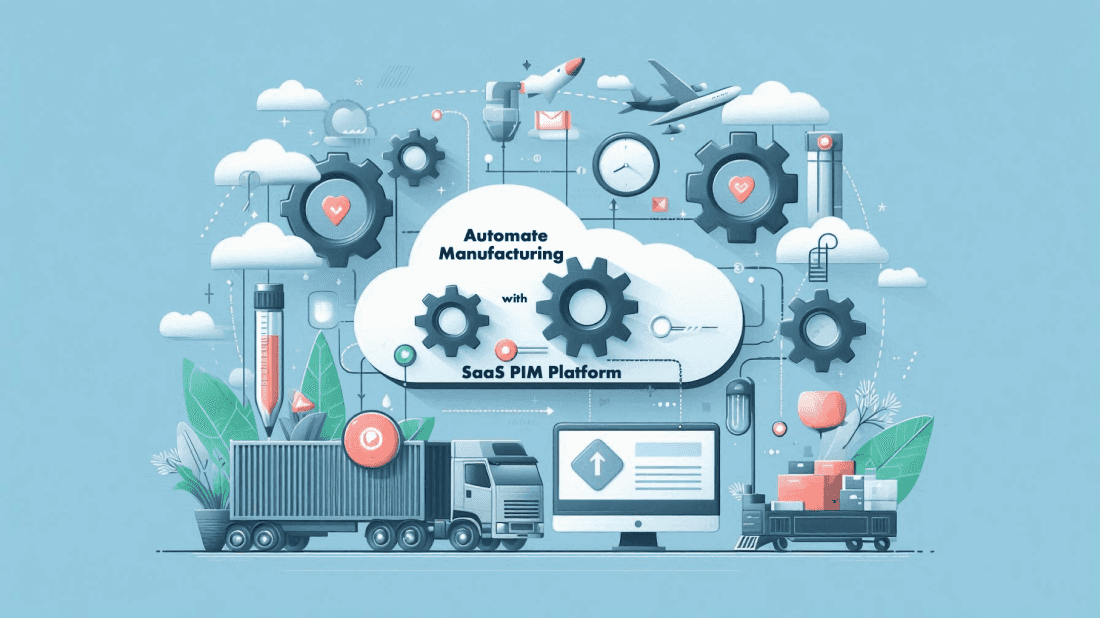May 11th, 2024
Optimizing Product Variants for Complex B2B Products
Categories:Product Information Management SystemProduct Data Management SystemThere are tasks we love to repeat, like enjoying a morning coffee. However, there are also repetitive tasks we’d prefer to avoid.
This is especially true in B2B manufacturing , where repetitive processes can consume valuable time and resources. When it comes to managing product variants, the task can become even more daunting.
Repetitive tasks become particularly challenging when a single mistake can have significant consequences, such as incorrect sales data or production errors. This scenario is familiar to those managing product variants in B2B manufacturing. Products are often not marketed as standalone items but as part of a range, each with different attributes and variants. Creating content for these products can be time-consuming, especially when dealing with large catalogs.
In this article, we will explore how B2B manufacturers can efficiently manage and sell complex product variants, highlighting the benefits, tips, and examples.
What are Product Variants?
Product variants are different options of a ‘master’ product, each with unique attributes such as color, size, material, or pricing. In B2B contexts, product variants can include different specifications, components, or configurations tailored to meet the needs of various industries or clients.
Examples of product variants include:
- Industrial machines with different power capacities and features.
- Office furniture with varying dimensions and materials.
- Chemical products with different concentrations and packaging sizes.
- Engineering components with various specifications and tolerances.
For customers, product variants offer a broader and more personalized selection. For B2B manufacturers, managing these variants efficiently can drive sales and improve customer satisfaction.
How Product Variants Can Drive Sales
When products are presented together with their variants, it creates a cohesive product family, simplifying the buying process for customers. Here’s how product variants can drive sales for B2B manufacturers:
Enhanced Customer Experience
Providing detailed and consistent product information for each variant helps customers make informed decisions. This can include specifications, images, videos, and digital assets that highlight the differences between variants. For instance, showcasing different power capacities for industrial machines or various materials for office furniture can help customers choose the best option for their needs.
Improved Product Navigation
By presenting product variants in an intuitive, compact, and single-page format, customers can easily compare options. This streamlined navigation reduces decision fatigue and encourages purchases. Ensuring consistent product information across all channels, including catalogs, online stores, and sales platforms, is crucial.
Streamlined Product Management
Creating templates for product variants can save time and effort. Reusing an attribute structure for similar products allows manufacturers to quickly add new products without starting from scratch. For example, a template for office chairs can include attributes like material, color, and dimensions, which can be reused for new variants.
Efficient Content Management with PIM
While eCommerce platforms like Shopify or Magento offer features for managing product variants, a Product Information Management (PIM) system can provide a more robust solution for B2B manufacturers. PIM systems enable centralized management of product data, ensuring consistency and accuracy across all channels.
Benefits of Using a PIM/PDM System for Product Variants
Implementing a PIM system offers numerous benefits for managing product variants:
Centralized Data Management
PIM systems create a single source of truth for all product information, eliminating inconsistencies and ensuring that all sales channels have accurate and up-to-date data. This is particularly beneficial for manufacturing PIM, where maintaining data accuracy is crucial for operational efficiency.
Improved Time-to-Market
By streamlining product data management, PIM systems can significantly reduce the time required to bring new products to market. This is especially important for B2B manufacturers dealing with complex product lines. The benefits of PIM in this context are clear: faster launches and a competitive edge.
Enhanced Collaboration
PIM systems facilitate collaboration among various departments, including marketing, sales, and product management. Real-time data updates and role-based access control ensure that all team members have the information they need to perform their tasks efficiently.
Scalability
PIM systems are scalable, allowing manufacturers to manage growing product lines and increasing numbers of SKUs without sacrificing data quality or efficiency. This scalability is crucial for enterprise PIM solutions , which cater to large organizations with complex data needs.
Best Practices for Managing Product Variants
To maximize the benefits of product variants, B2B manufacturers should follow these best practices:
- Use Templates: Create templates for product variants to save time and ensure consistency.
- Leverage PIM Systems: Implement a PIM system to centralize product data and streamline management processes.
- Ensure Data Quality: Regularly validate and update product information to maintain accuracy.
- Collaborate Effectively: Foster collaboration across departments to ensure that all stakeholders have access to accurate product data.
PIM Features and Use Cases
PIM systems offer a range of features that are beneficial for B2B manufacturers. These include data import capabilities, cloud PIM options, and PIM SaaS solutions that provide flexibility and scalability. PIM for manufacturers often involves managing extensive product catalogs and ensuring data accuracy across all channels. Some common PIM use cases include:
- Product Launches: Centralizing product data to ensure accurate and consistent information is available across all channels during a product launch.
- Supply Chain Management: Providing up-to-date product information to all supply chain partners, improving coordination and reducing errors.
- Regulatory Compliance: Ensuring that all product data meets regulatory standards, reducing the risk of non-compliance and potential penalties.
Summary of Neurologik ProductHub
At Neurologik.io , we offer the ProductHub solution, an all-in-one PIM, PDM, MDM, and DAM system designed specifically for B2B manufacturers. Our platform centralizes, enriches, and synchronizes product data, ensuring accuracy and consistency across all channels. By significantly reducing integration costs and enhancing operational efficiency, Neurologik.io’s ProductHub helps manufacturers maintain seamless, up-to-date product information, improving market responsiveness and driving business growth.







